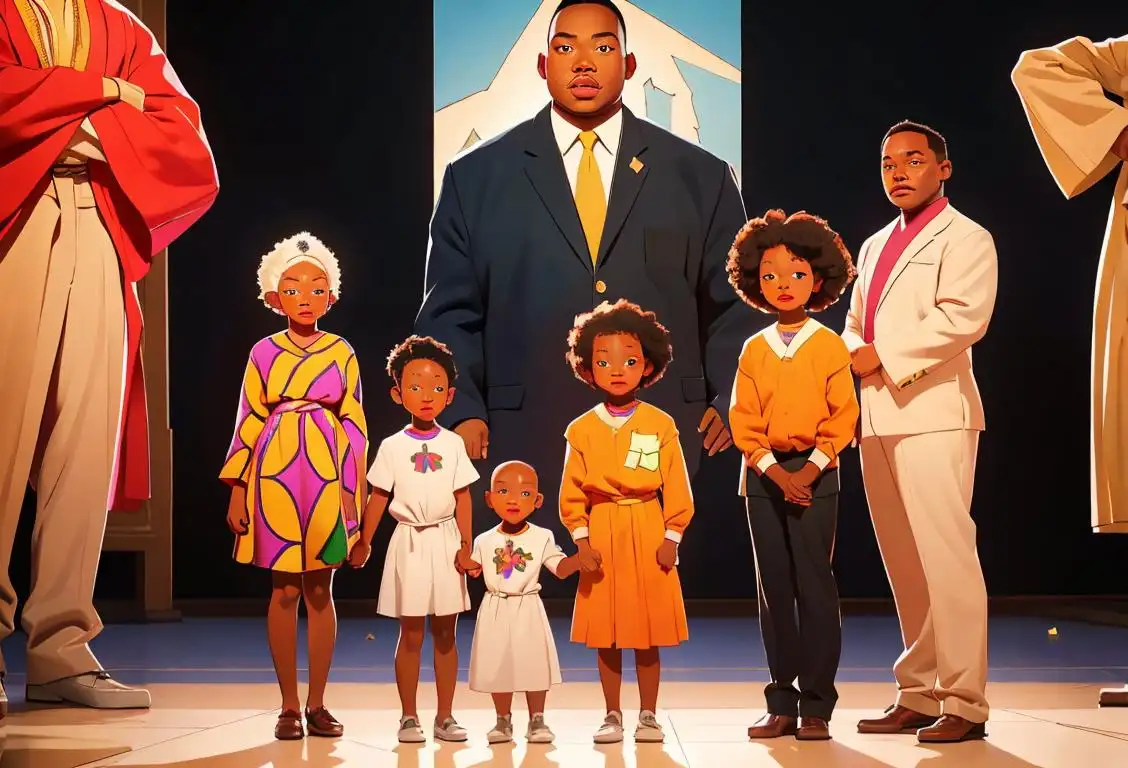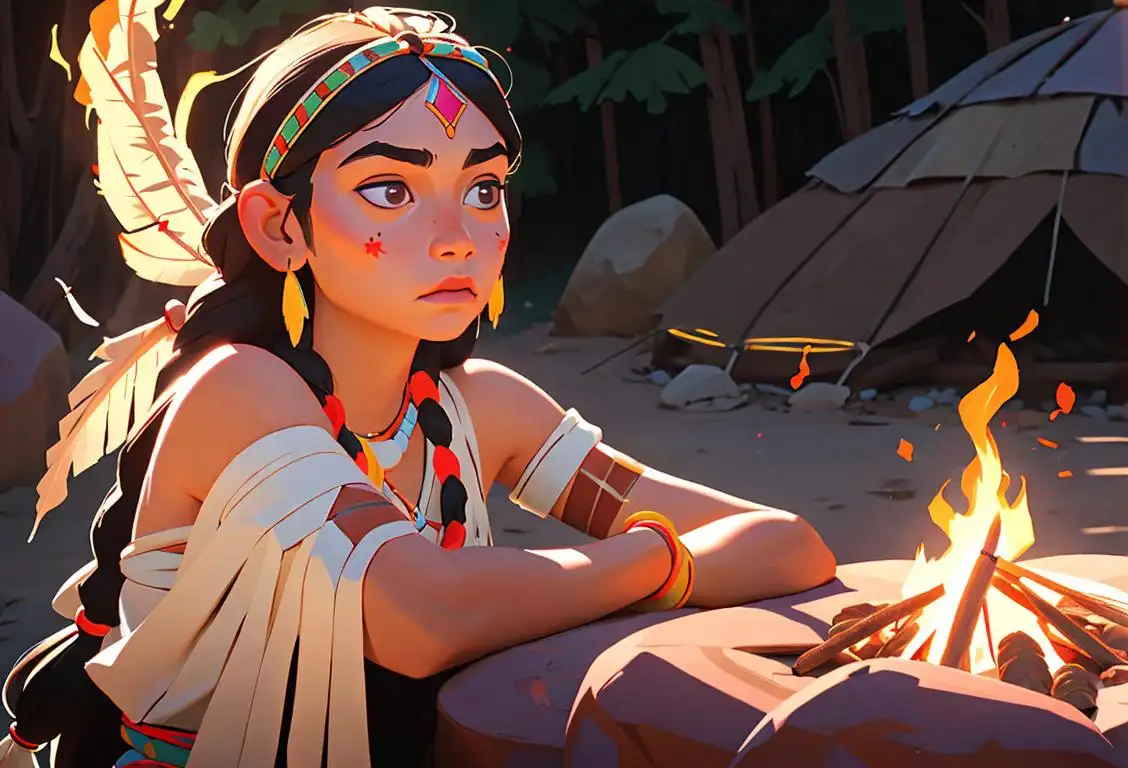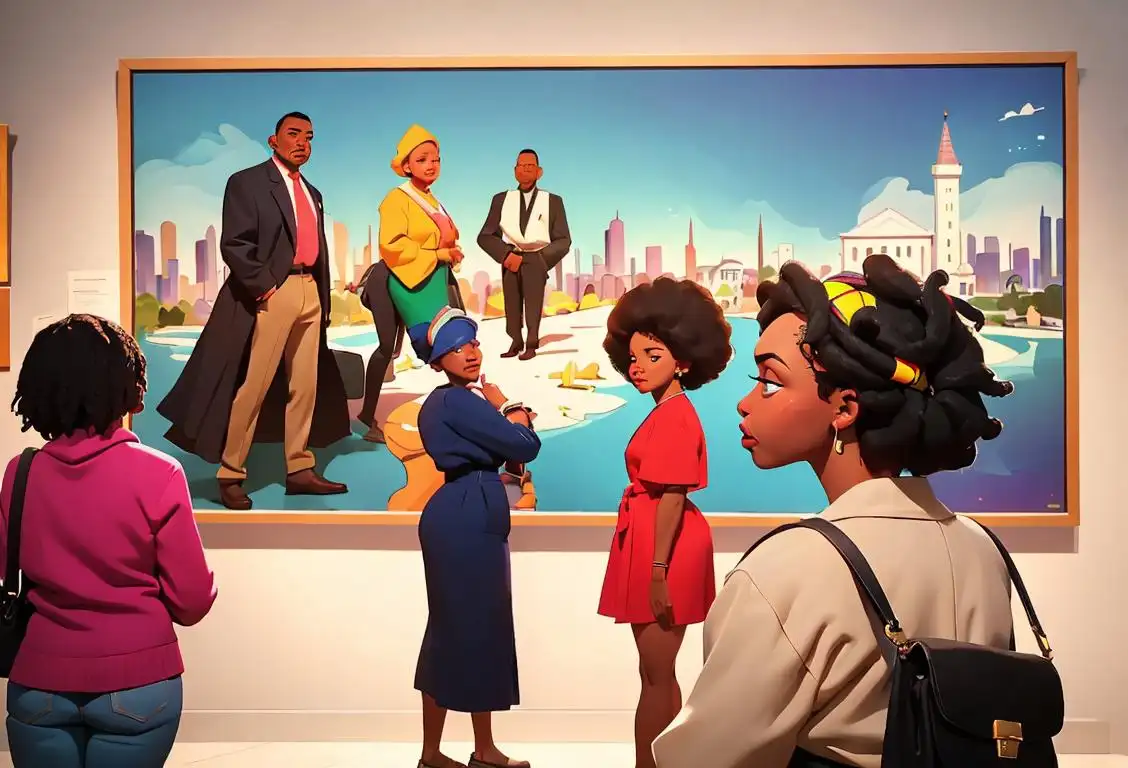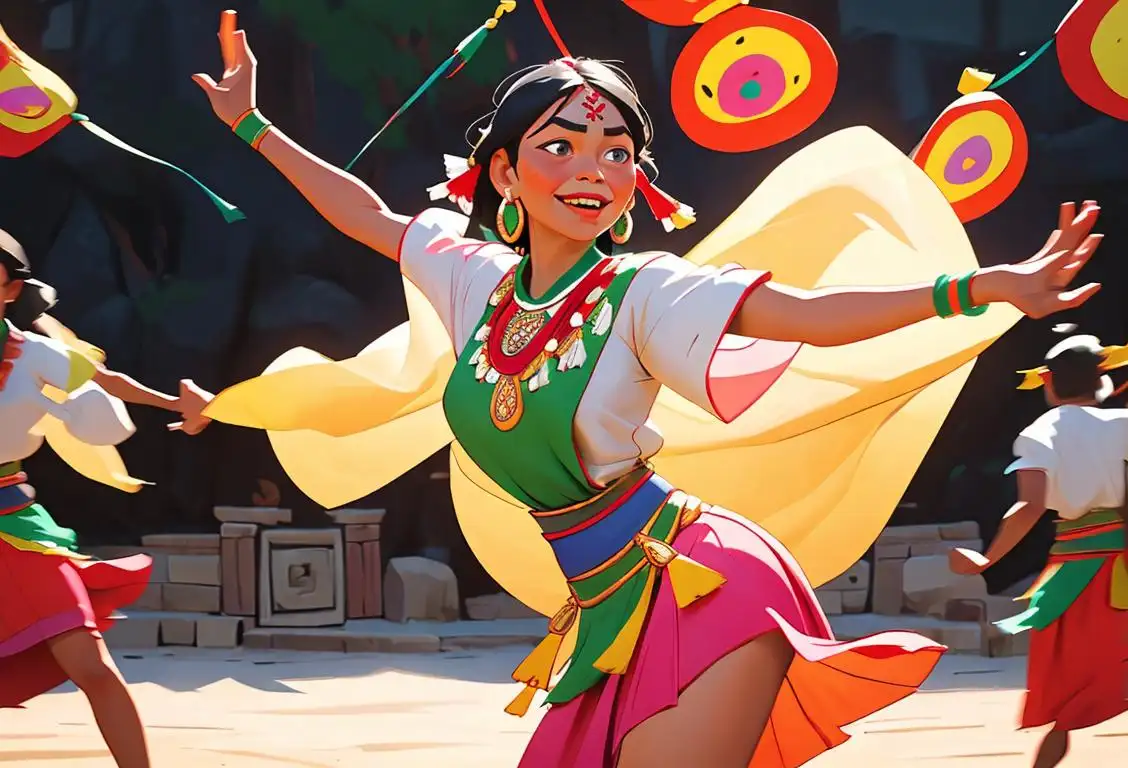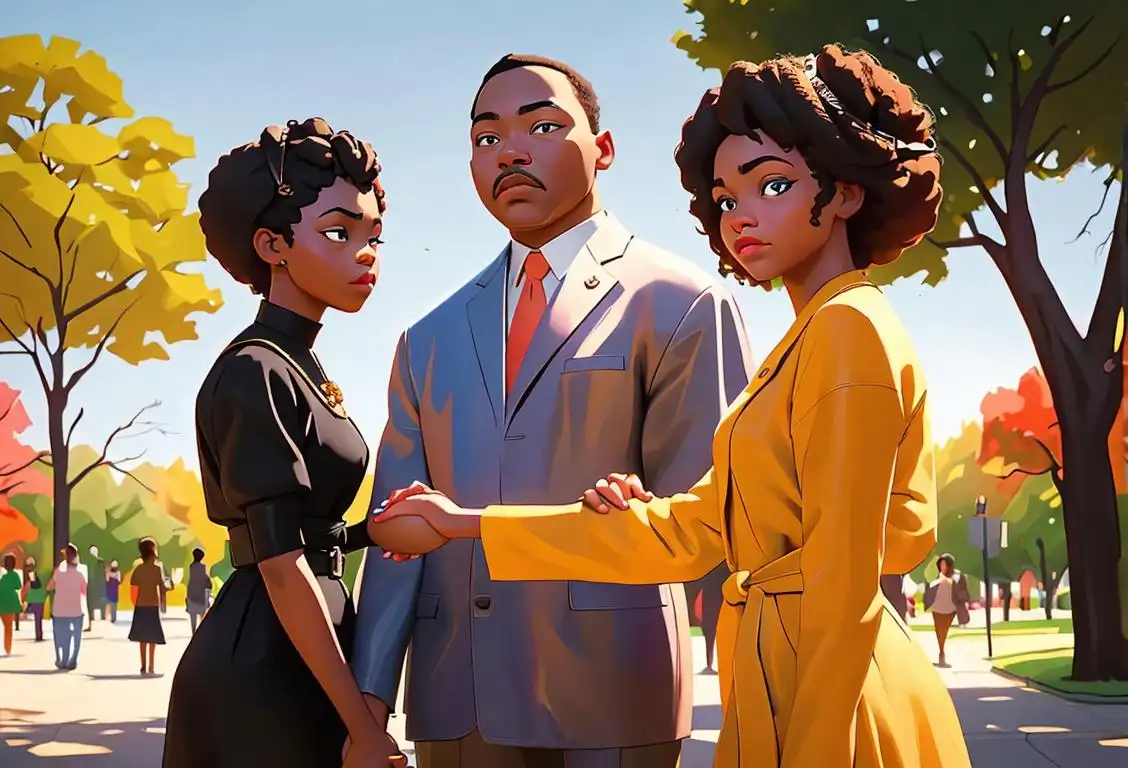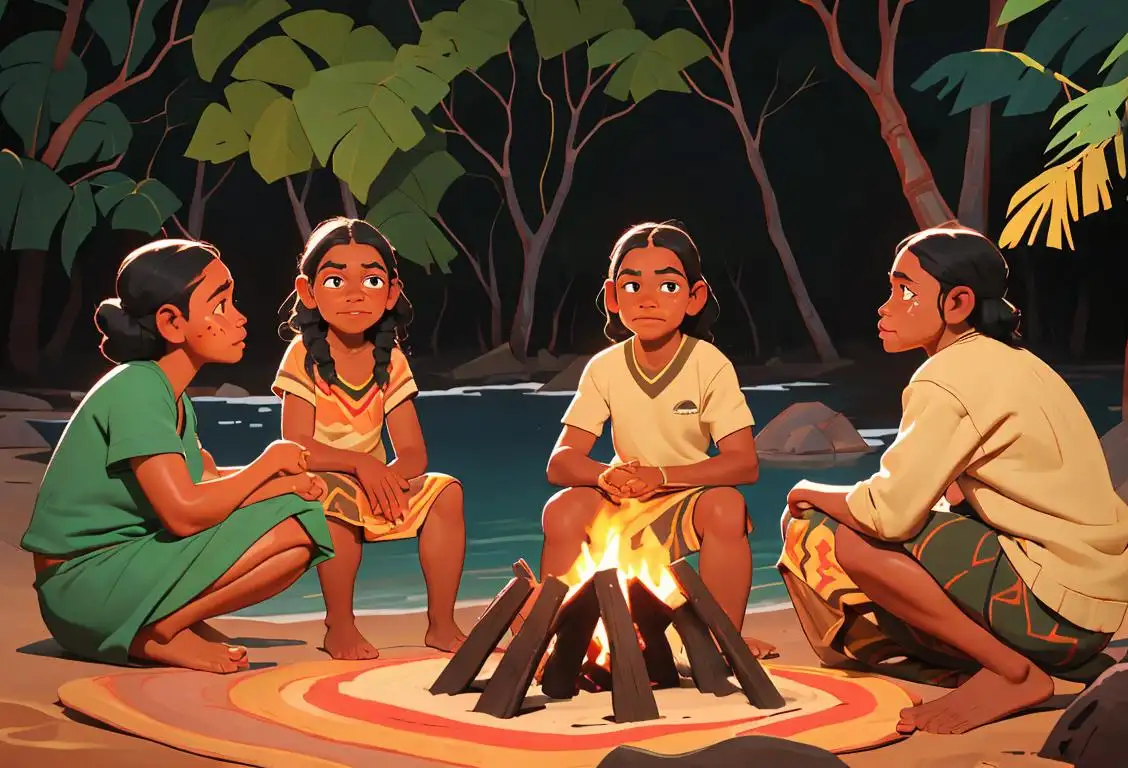National Aborignal Day
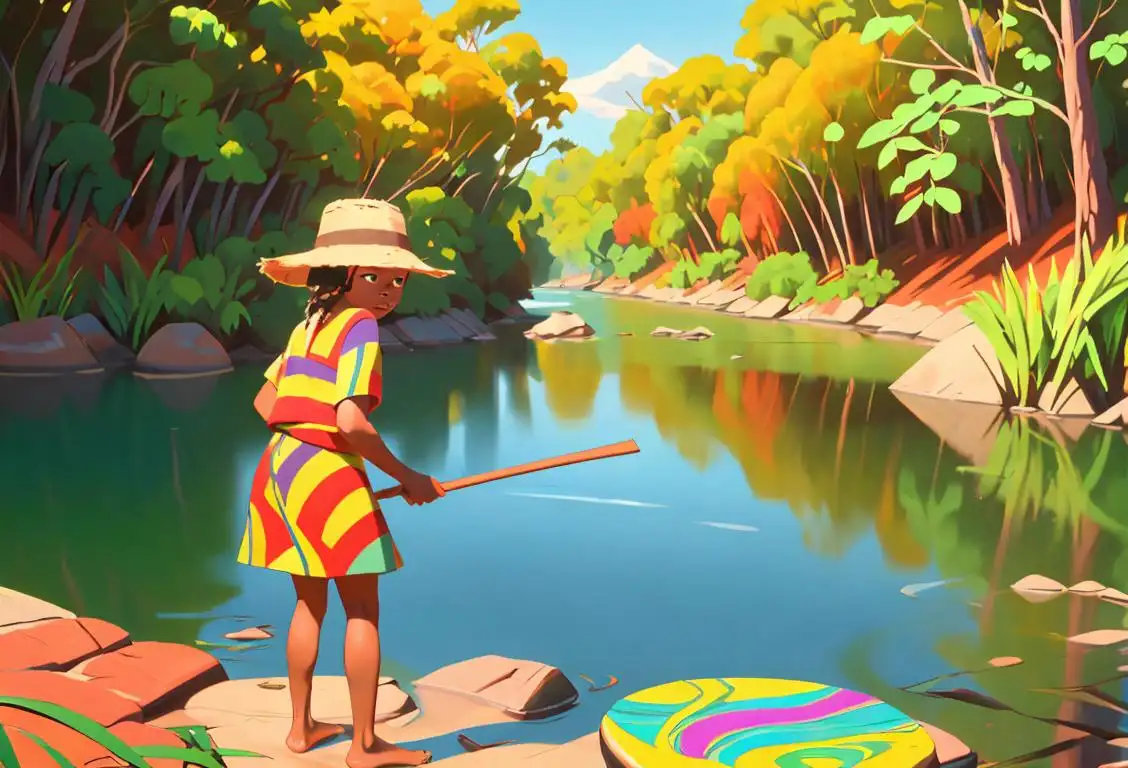
Hey there, internet history buffs! Today, we're diving into the fascinating world of National Aboriginal Day. Get ready to learn about the significance of this special day, enjoy a fun fact, and discover some interesting tags to explore.
When is Aborignal Day?
It's national aborignal day on the 21st June.
What is National Aboriginal Day?
National Aboriginal Day is a day to celebrate and honor the diverse cultures and heritage of the Indigenous peoples of Canada. It is an opportunity to recognize the rich contributions they have made and continue to make to our country.
This day highlights the strength, resilience, and distinctiveness of the First Nations, Inuit, and Métis peoples. It provides a platform for these communities to share their stories, arts, traditions, and languages with all Canadians. National Aboriginal Day is an invitation for everyone to learn, understand, and appreciate the history and contemporary experiences of Indigenous peoples in Canada.
Internet History of National Aboriginal Day
The origins of National Aboriginal Day can be traced back to June 21, 1996, when Governor General Roméo LeBlanc proclaimed this day as a day to celebrate the unique culture and contributions of Indigenous peoples. The date itself holds significance as it coincides with the summer solstice, the longest day of the year, which is traditionally recognized by many Indigenous cultures as a time of celebration and spirituality.
Since its inception, National Aboriginal Day has become an occasion for events and activities across the country. It serves as a reminder of the importance of reconciliation, understanding, and respect for the rights and cultures of Indigenous peoples.
Did You Know?
Did you know that National Aboriginal Day is part of a broader celebration? In 2017, it was renamed National Indigenous Peoples Day to better acknowledge and include the diverse Indigenous communities in Canada.
History behind the term 'Aborignal'
1500s
First European Contact
The term 'aboriginal' originates from the Latin word 'aboriginālis', meaning 'original inhabitants'. It was likely first used in the 1500s by European explorers who came into contact with indigenous peoples during their voyages to various parts of the world. The term initially referred to any group of people living in a land before its colonization by Europeans.
1788
British Colonization of Australia
The term 'aboriginal' gained prominence in relation to Indigenous Australians, particularly after the arrival of the First Fleet of British convicts in Australia in 1788. The British colonizers used the term to categorize and differentiate the Indigenous peoples from themselves. It became a way to express their status as the newcomers to the land.
1830s
Formalization of the Term
In the 1830s, the term 'aboriginal' began to be widely used as a formal and legal category to define the Indigenous peoples of Australia. The British colonial government implemented policies and laws that specifically targeted and regulated the lives of the Aboriginal peoples. This formalization of the term solidified its usage as a distinct reference to the original inhabitants of Australia.
20th Century
Recognition and Cultural Identity
Throughout the 20th century, there has been an increased recognition of the unique cultures, history, and rights of Indigenous peoples around the world, including the Aboriginal peoples of Australia. The term 'aboriginal' came to be associated with resilience, cultural heritage, and the ongoing struggles for self-determination.
21st Century
Evolution of Terminology
In recent times, there has been a shift in terminology to use 'Aboriginal' (with a capital 'A') when referring to Aboriginal peoples in Australia, recognizing their distinct cultural identity and connection to the land. Additionally, the specific names of different Aboriginal groups or nations, such as the Pintupi or Yolngu, are increasingly used to acknowledge the diversity within the Aboriginal communities.
Did you know?
Did you know that National Aboriginal Day was renamed National Indigenous Peoples Day in 2017?Tagged
awareness history cultureFirst identified
21st June 2016Most mentioned on
21st June 2018Total mentions
15Other days
Black Women Appreciation Day
Black People Day
African American Museum On Mlk Day
Native American Heritage Day
African American Museum At Not Having To Spend Mlk Day
Aborigines Day
History Day
Indigenous Day
African American Museum In Observance Of Martin Luther King Day
Aboriginal And Torres Strait Islander Day


